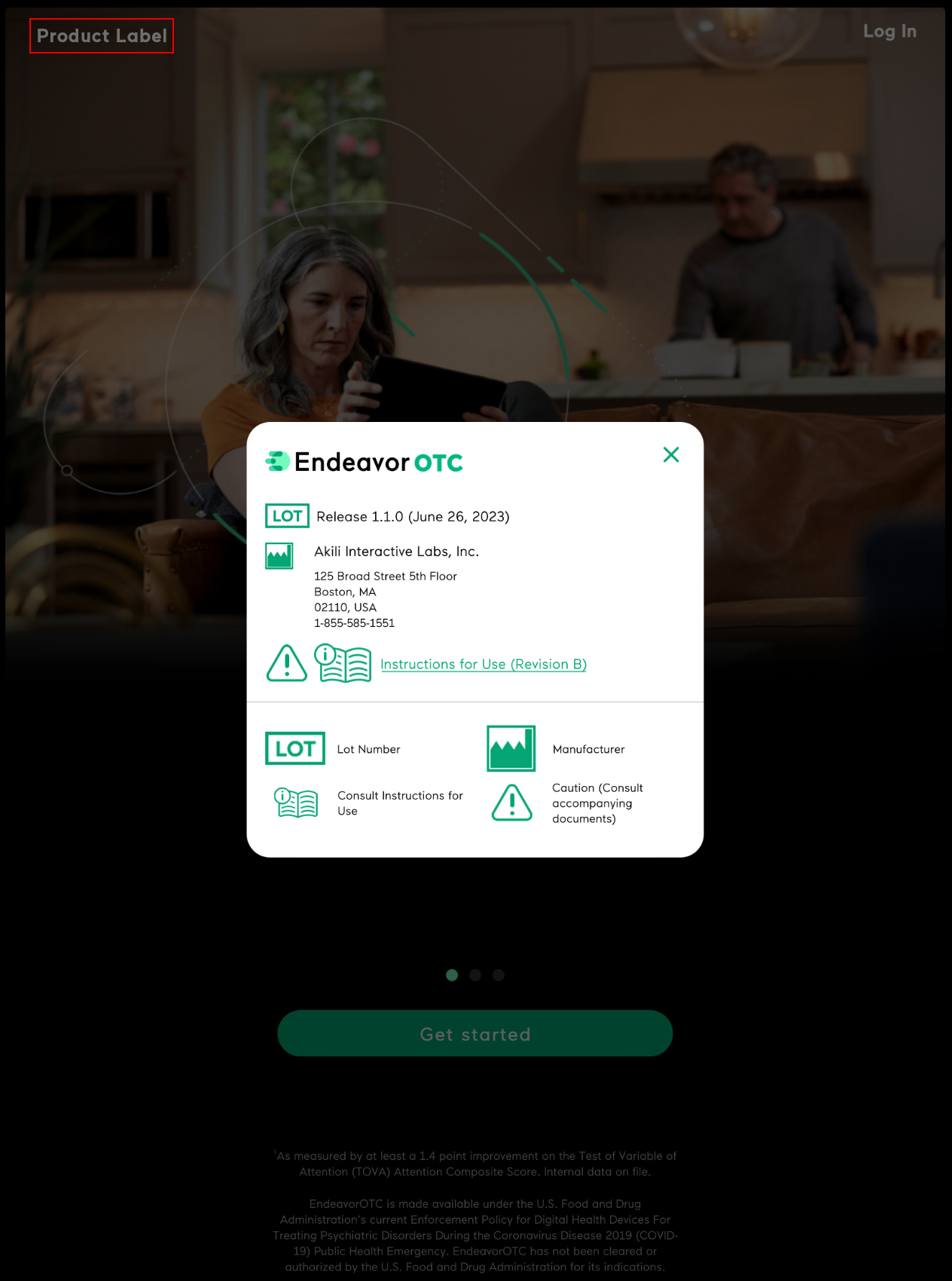Can Video Games Improve Your Ability to Focus?

Did you know that our brains change through experience? This phenomenon is called neuroplasticity, which is the ongoing rewiring of the brain in response to stimulation and learning. Our brains continue to change and develop through life, but it’s up to us to ensure they’re changing in ways that benefit us.
Scientists refer to the brain as “activity dependent”. That means our brains are constantly changing in response to the mental activities we engage in. This is why children who grow up hearing and interacting with others using Spanish learn to speak Spanish and not German. And it’s why those who only hear and interact with others in English only learn to speak English. The same is true of learning an instrument or a sport or a skill like painting. It can be learned by almost anyone at almost any time of life.
So, we can change the way almost any brain works by changing what mental activities we ask it to engage in. That’s the beauty of something like a video game for improving focus; a video game can engage a person’s brain in an interactive experience that activates key mental processes needed for focus or attention. However, that video game would need complex, neurocognitive design in order to activate these processes.
The underlying complex, and neurocognitive design and technology behind EndeavorOTC and EndeavorRx make them clinical treatments, not standard video games. The sophisticated technology that shapes the core treatment within the game was created by a team of neuroscientists who understand the mental processes required for attention, or focusing, and how those mental processes are different for people with ADHD.
“These products are more than just exercise for your brain. Because with exercise, you can opt in or opt out as you please, it’s generally not very focused. I like to say that this treatment is more like physical therapy. You start with an identifiable problem – say your knee is hurting but you don’t know exactly how to fix it. You have to go to a clinically trained expert who does an evaluation and identifies the targeted activities to treat that problem. And it doesn’t happen overnight. As your knee starts to work better, the activities need to get harder in order to increase the recovery so that you get stronger and eventually see very real results.”
Akili Head of Cognitive Science, Tony Simon, PhD
The treatment requires a person to carry out a specific set of activities, delivered through this video game experience, that can change the way that person’s brain works. Those changes are typically wired into the brain networks we previously mentioned in the ADHD Brain and Focus, improving focus in ways that other video games cannot.
Even more, the good effects this advanced gameplay has on the brain can last beyond the video game itself. The changes won’t be permanent, since the brain is constantly changing based on experience, but they also won’t disappear as soon as the game ends. Just like re-learning how to ride a bike after some time not riding, restoring that improved focus or attention through continued gameplay will likely be much quicker and more efficient each subsequent time.
Changing the brain through a video game experience
The right video game can be a valuable experience to deliver the key activities needed for the brain of someone with ADHD who wants to improve attention or focus. However, it has to be designed with the right scientific and clinical understanding of the differences in mental processes between those with ADHD and those without ADHD to be an effective treatment.
It is critical that an ADHD game-based treatment is designed with specific activities that selectively target and activate the neural networks in the brain related to attention. This is what separates a treatment video game, or digital therapeutic, from other video games.
About the Author
-
Caty Reid’s career has been characterized by her unique blend of consumer and healthcare marketing expertise, requiring her to routinely weave complex and verbose medical concepts into digestible and user-friendly consumer content. Through her love of writing and her unwavering commitment to improving lives, she has consistently excelled in navigating the complexities of the healthcare landscape, bridging the gap between innovative technologies and the needs of consumers. Her passion for writing for the ADHD community, and those interested in better understanding their condition and their options, goes well beyond professional expertise; Caty has also been diagnosed with ADHD as an adult and has been on a personal & professional journey to help uncover the unknowns and crush the stigma(s) of adult ADHD.

